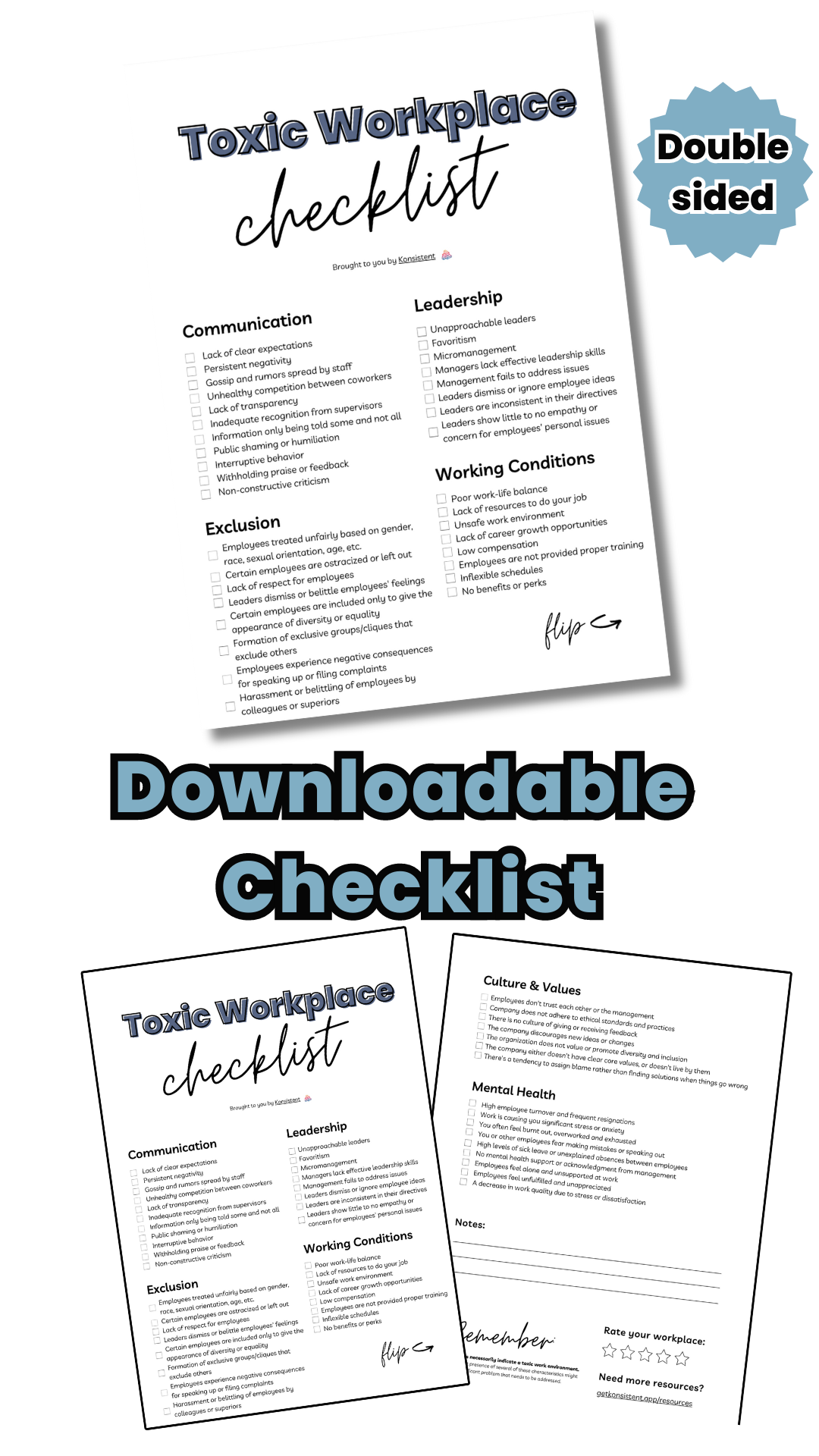What is inappropriate touching in the workplace?
9 January 2023 | 4 mins read
- Employee resources
As employees of a company, it is important that everyone understands and abides by the workplace policies on appropriate conduct.

To keep yourself and your colleagues safe, understanding what constitutes inappropriate touching in the workplace is an essential part of creating a comfortable environment for productive work.
Knowing what is considered can help employees to feel more comfortable, secure and respected. Inappropriate touching can range from lingering hugs, patting or other physical contact that could make someone uncomfortable.
As an employee, it’s important to be aware of the policies surrounding touch in the workplace and take appropriate steps to ensure a safe, inclusive and respectful work environment for everyone involved. It’s also essential to know what your options are if you feel that you’ve been a victim of sexual harassment, and when to take legal action.
Let’s take a look at what kinds of physical contact could be considered inappropriate if it occurs in an employer-employee or co-worker setting.
Are you feeling stressed, unvalued, or isolated at work but can't quite put your finger on the root of the issue?
Our comprehensive 'Toxic Workplace Checklist' could provide the clarity you're seeking. This checklist, designed by our language detection experts at Konsistent, pinpoints key signs of an unhealthy work environment, empowering you to better understand and navigate your professional sphere. Download your free copy today, and take the first step towards a more inclusive, respectful, and supportive workspace.
What is inappropriate touching in the workplace?
In short, inappropriate touching in the workplace is any physical contact that makes you feel uncomfortable or unsafe. This could include anything from unwanted hugs to inappropriate comments about your body or clothing. In general, physical touch in the workplace should be kept to a minimum between colleagues, unless you’ve given express permission for it.
It’s important to remember that everyone has different boundaries when it comes to being comfortable with physical touch, and so what may be acceptable for one person may not be okay for another. Inappropriate touching in the workplace is never acceptable and should always be reported.
No one should have to endure unwanted physical contact in the workplace, and it’s important to speak up if it happens to you.
Examples of inappropriate touching at work
Unwanted touching at work can be seen in many different scenarios.

An example of unwanted touching in the workplace could include a coworker who rubs your back for an extended period of time or someone who constantly hugs you without permission. It could also be someone who causes you emotional distress due to unwelcome touching of a sexual nature or even physical harm.
Additionally, unwanted touching could include someone grabbing you without your consent or repeatedly tapping or brushing against you in an uncomfortable manner.
Examples of inappropriate touch in the workplace include:
- Unrequested hugs or kisses
- Unwanted touching of any part of someone’s body without permission
- Slapping, punching, or hitting someone
- Unwanted sexual advances or asking for sexual favors
- Inappropriate comments about someone’s body or clothing
- Uncomfortable looking or leering at someone
Other forms of unwanted touching can also include physical assaults, like:
- pinching
- grabbing
- brushing up against someone
- and any other physical contact that makes the recipient feel unsafe or uncomfortable
In many cases, unwanted touching at work can be considered a form of harassment, depending on the intent and context. Unless you have given express permission for it, any form of unwanted physical contact should be avoided in the workplace.
Related read: Hostile work environment harassment: What is it and how to deal with it?
Other forms of sexual harassment at work
Being touched inappropriately in the workplace is just one form of the many types of sexual harassment. Other forms of sexual harassment include:
- Unwanted sexual jokes, comments, or remarks about someone’s gender or body
- Excluding someone from activities based on their gender identity
- Sexually suggestive emails, text messages, or internal communication messages
- Unwelcome sexual advances or unwanted physical conduct of a sexual nature
- Making unwelcome physical contact such as brushing against someone
- Asking someone’s marital status or sexual orientation
- Asking for sexual favors in exchange for something (quid pro quo sexual harassment)
Related read: What is considered harassment at work? (Types and examples)
Is unwanted touching at work battery?
Unwanted touching in the workplace can be considered battery if it is done with the intention to harm or cause distress, regardless of whether physical injury occurs. In some cases, unwanted touching may also constitute a form of sexual harassment, depending on the context and severity of the incident.
How to report unwanted touching at work
If you experience inappropriate touching in the workplace, it’s important to speak up and take action.
- Address the harasser. If you feel comfortable, speak to the person directly and explain to them that their actions made you feel uncomfortable. If the person isn’t receptive or if you don’t feel comfortable speaking with them, reach out to your human resources department or another trusted supervisor for help.
- Document your experience. Make sure to take detailed notes of the incident and include information such as when it happened, what was said, who was present, and any other relevant details. This will be useful for reporting the incident later.
- Report the incident to HR in a formal complaint. Depending on your company’s policies, you may be able to report the incident directly to Human Resources or another relevant department. Try to document the event in writing if possible, including details such as the date, time, and any other relevant information. When making a report, be sure to provide clear details about what happened and how it made you feel so that the incident can be properly investigated. Your company or place of employment should take the necessary steps to ensure that the behavior is not repeated. If not, file a claim with the Equal Employment Opportunity Commission (EEOC).
- File a lawsuit. If you feel that you’ve been the victim of inappropriate touching in the workplace, you may be able to file a lawsuit or sexual harassment claim. You should seek legal advice from experienced sexual harassment lawyers before taking any action. Some attorneys may even be able to give you a free consultation before deciding to take on your case.
Related read: How to prove harassment at work?
Final thoughts

In conclusion, inappropriate touching in the workplace can take many forms and should never be tolerated. If you find yourself dealing with unwanted touch at work, be sure to document the incident, report it to the appropriate authorities, and seek legal assistance if necessary. By taking action, you can help ensure that such behavior is not repeated and that justice is served.
It’s important to remember that your safety and comfort should always be a priority in the workplace. If you experience inappropriate touching or any other form of harassment, don’t be afraid to speak up and take action.
Your voice matters!







